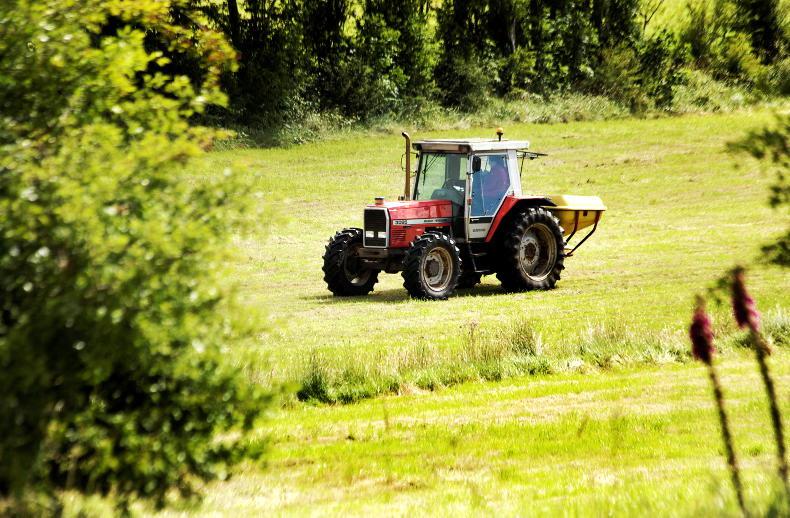The proposed 0.5% increase in interest rates between now and September could cost farmers up to €14m in additional annual interest charges.
The European Central Bank (ECB) has indicated that two interest rate increases of 0.25% each will come into force in July and September.
As the vast bulk of farmer borrowing is not fixed, this means that the variable rate increase will put additional pressure on farmer incomes this year.
The latest estimates in overall farmer borrowing puts the figure at €2.8bn. This means that an increase of 0.5% would cost farmers around €14m in additional interest costs each year.
The National Farm Survey estimates that the average farm loan, for the one-third of farmers who have borrowings, is around €61,000. The additional charge on this each year due to the 0.5% hike in interest rates would be €300.
Good news
Given that two-thirds of farmers have no borrowings, the increase in interest rates could actually be good news, as the charges for holding savings may be reduced by the banks.
The ECB decision brings to an end a decade in which interest rates have been historically low, and in negative territory for long periods.
Commenting on the ECB’s move, a spokesperson for Bank of Ireland said that farmers should consider fixing interest rates on borrowings.
“We remain very conscious of the cost of inflation on farms nationwide, and offer a range of financing options to farmers – including the option to fix rates,” the Bank of Ireland spokesperson said.
Financial strength
A spokesperson for AIB pointed out that the farm sector, in general, has very low gearing in terms of overall borrowing.
“The financial strength of any sector can be viewed through the level of overdraft utilisation and again, in the agri sector we are seeing very low levels of overdraft utilisation. This indicates that farmers are currently in a relatively strong position.
"That being said, we recognise the impact that increasing input costs are having on farmers and any increase in interest rates would also be a concern to some,” the AIB spokesperson said.






 This is a subscriber-only article
This is a subscriber-only article










SHARING OPTIONS: